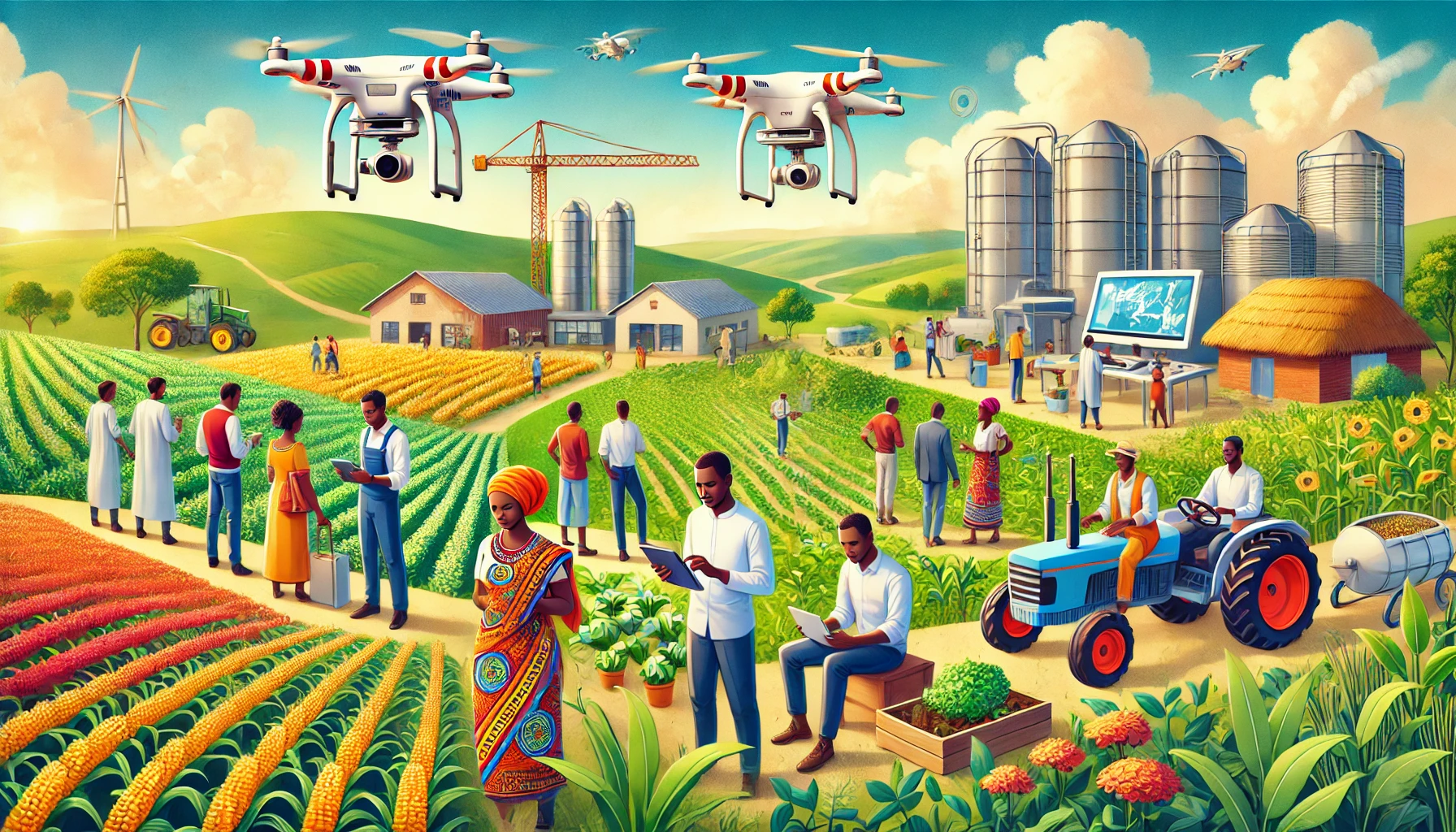Botswana's President Advocates for Accountable Governance to Drive Africa's Economic Future at 2024 African Economic Conference
Leaders and experts gather in Gaborone to address Africa’s economic challenges, with a focus on accountability, democracy, and innovative solutions amid global uncertainties.

At the opening of the 2024 African Economic Conference in Gaborone, Botswana’s President Duma Boko emphasized the critical role of accountable and responsive governance in securing Africa’s economic success and sustainability. He called for stronger democracy, adherence to the rule of law, and transparent governance to provide the foundation for economic growth and peace on the continent.
“Peace and stability in Africa must be anchored on accountable and responsive governance. This is a fundamental human right for every African citizen, and it sets the necessary bedrock for any economic measure,” President Boko stated, urging African nations to foster an environment that attracts investment and ensures long-term prosperity.
The three-day conference, held under the theme "Securing Africa’s Economic Future Amidst Rising Uncertainty," brought together political leaders, policymakers, economists, and experts to discuss the continent’s economic challenges and opportunities. Organized by the Government of Botswana in partnership with the African Development Bank, the United Nations Economic Commission for Africa (ECA), and the United Nations Development Programme (UNDP), the event aims to develop actionable solutions for boosting Africa’s economic resilience and growth.
President Boko stressed that Africa’s economic future depends on overcoming significant hurdles such as rising inflation, supply chain disruptions, and tightening global monetary policies. However, he also highlighted the continent’s unique strengths, including its rich natural resources and youthful population, which could fuel transformative growth if governments prioritize education, skills development, and adding value to raw materials.
“Africa is at a crossroads,” he said. “We must confront the obstacles facing our citizens and leverage our collective strengths to secure a prosperous future. It is crucial that we address economic challenges while tapping into the continent’s potential for industrialization and sustainable development.”
Tackling Africa’s Economic and Social Challenges
The UN Under-Secretary-General and Executive Secretary of the ECA, Claver Gatete, outlined the pressing issues hindering Africa’s economic progress, including the impacts of climate change, unsustainable debt levels, and systemic global inequalities. He argued that the global financial system is failing to adequately support Africa’s development needs and must be reformed.
Gatete revealed that Africa suffers annual losses of up to $440 billion from climate disasters, while the financing gap to meet the Sustainable Development Goals (SDGs) on the continent has surged to $1.3 trillion per year. He also pointed to the continent’s external debt, which surpassed $1 trillion in 2023, with interest payments exacerbating the fiscal pressures.
“Nearly 476 million Africans live in poverty today, and the human cost is staggering,” Gatete said, noting that 149 million more have been pushed into poverty due to cascading climate and economic shocks.
Regional Integration and Reforms
President Boko encouraged African nations to fully embrace the African Continental Free Trade Area (AfCFTA), which he believes has the potential to transform the continent’s economic landscape by fostering increased investment, job creation, and industrialization.
“We must not let today’s uncertainties deter us from the opportunities of tomorrow,” he emphasized, calling for greater regional integration and coordinated reforms to promote sustainable growth and development.
Innovation and Financial Solutions for Growth
Prof. Kevin Urama, Chief Economist and Vice-President of the African Development Bank, called for innovative, homegrown solutions tailored to Africa’s unique challenges. He emphasized the need for stronger fiscal policies and more resilient resource mobilization to tackle the continent’s growing debt burden.
“We must adopt strategies that are designed in Africa, by Africans, to address our pressing challenges,” said Prof. Urama. He highlighted the importance of developing self-sustaining economies that are less reliant on external financial aid.
UNDP Africa Bureau Director Ahunna Eziakonwa stressed the need for innovative financial solutions to address the continent’s economic challenges, particularly the cost of borrowing and credit rating biases that cost Africa an estimated $76 billion annually.
“Africa’s money must work for Africa’s people,” Eziakonwa said, pointing out that the continent must stem the flow of illegal capital, which results in the loss of $90 billion annually. She called for redirecting pension funds, sovereign wealth funds, and insurance funds to support Africa’s development instead of being invested elsewhere.
Looking Ahead
The 2024 African Economic Conference provided a platform for African leaders to exchange ideas and collaborate on strategies to ensure the continent’s long-term prosperity. As President Boko highlighted, the path to economic sustainability lies in strong governance, regional integration, innovative financial solutions, and strategic investments in the people and resources of Africa.
The conference underscored the urgency of addressing Africa’s economic and social challenges while leveraging the continent’s immense potential to build a brighter and more resilient future.
- READ MORE ON:
- Duma Boko
- African Economic Conference










